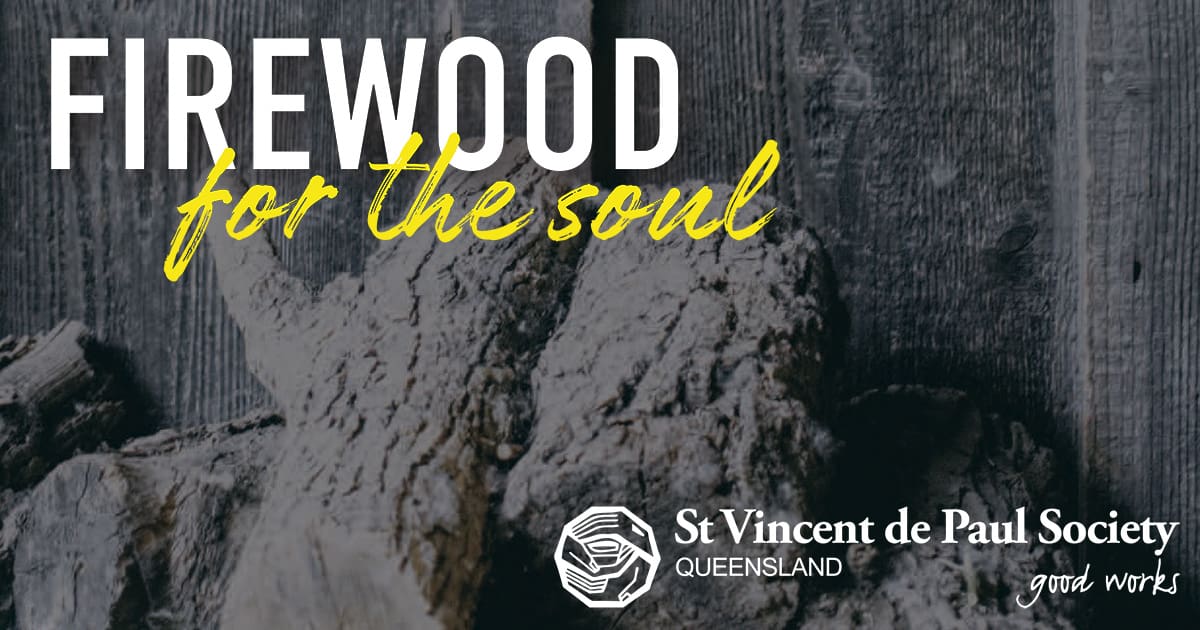“YOU HAVE BRAINS IN YOUR HEAD. YOU HAVE FEET IN YOUR SHOES. YOU CAN STEER YOURSELF ANY DIRECTION YOU CHOOSE. YOU’RE ON YOUR OWN. AND YOU KNOW WHAT YOU KNOW. AND YOU ARE THE ONE WHO’LL DECIDE WHERE TO GO.”
– DR. SEUSS
There are many keen gardeners out there. There are so many benefits to working in the garden, both personally and collectively. It is healthy and active. It contributes to a vibrant and strong environment. People absorb the brightening effects of beautiful flowers and plants. Fruit and vegetables can feed a family, a stranger, and even a few sneaky animals who feast on unguarded treasures. The planting of a tree can benefit generations to come. Whether it is in a garden or in life, we all want to leave something behind. Legacy seeps into our thinking more than we might readily admit, or even be aware of.
St Paul reminds us, in his letter to the Christian community in Corinth, that misaligned vanity serves no one, “So neither the one who plants nor the one who waters is anything, but only God who gives the growth. The one who plants and the one who waters have a common purpose, and each will receive wages according to the labour of each. For we are God’s servants, working together; you are God’s field, God’s building” (1 Corinthians 3: 7-9).
In conversations across Conferences, Councils, and offices, often these questions can inevitably arise: where are those who will continue the work? How do I ensure that our plans and activities won’t disappear? How do we pass on our traditions and culture? These questions are indicative of another difficult truth: we have less control over events, people, and legacies than we think or hope. Some traditions and patterns disappear within a short time after a specific person or group leaves. Others can linger for right or wrong reasons.
Reflect on your own experiences. What do you remember from your school days, or your first or longest job? Few people remember the contents of an annual report or strategic plans, or what you learnt in year 9 Science on a Friday afternoon. Testimonies and eulogies rarely contain your half- yearly performance review data from thirty years ago. People remember what made them laugh with hysterical joy, or what touched their hearts with sorrow and wonder. The family holidays and the days spent creating lifelong memories. The relationships that made us feel deeply loved, and those we love in return. The people whose lives were changed for good by knowing us, and those mentors and heroes who changed our lives.
The call is to deepen your trust in God, whose mission we are participating in and contributing in, but do not control. We are encouraged to not focus on the results or the fruits. Leave that to God, and to other people who will come after us. Remember that others have laboured and planted and built. We are the recipients of those gifts. We need to ensure that we leave something for others to have. And, while it is a difficult truth to face, we are not indispensable. Others can, and will, do the work that we are doing now. They will take it in different directions. We are all called to plant seeds. Some of these seeds will grow and sprout for us to enjoy the fruits now. Others will bear fruit for an unseen future. It is these seeds that leave a lasting legacy.
QUESTIONS FOR REFLECTION
- What does leaving a legacy mean for you?
- What have you left for other people’s benefit? What legacies have been left for you?
From: Firewood for the soul, vol. 2, A Reflexion Book for the Whole Vincentian Family
St. Vincent de Paul Society, Queensland, Australia.
Text by: Samantha Hill and James Hodge.






0 Comments